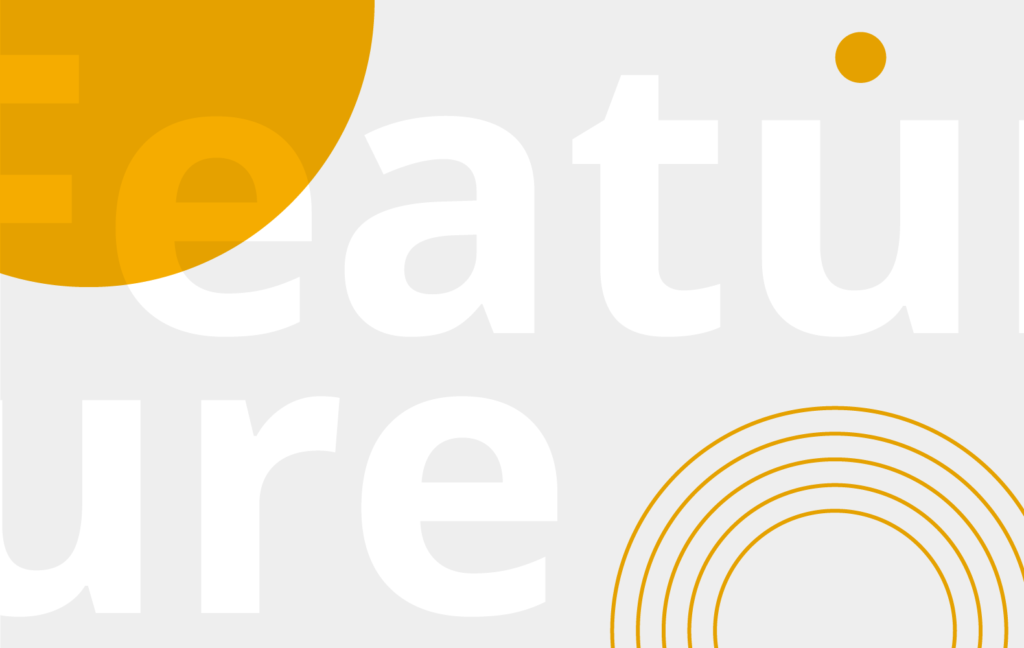14 August 2019 – The EMBO Press editors have developed a course to teach PhD students and postdoctoral researchers how to structure their research so that writing it up is more efficient and rewarding. By planning ahead in their experimental design, students can make life easier – for them-selves and their supervisors – when it comes to putting together figures and describing discoveries. The course, ‘Writing a Scientific Research Paper’, is available through the EMBO Solutions training portfolio.
“We are deconstructing an article into its nuts and bolts,” says Karin Dumstrei, Senior Editor at The EMBO Journal. The course offers a set of principles and tools that maximize efficiency and rigor in the preparation, analysis and communication of experiments. “From assembling data and planning figures, to writing manuscripts, meaningful titles and abstracts, the course teaches participants to organize their thoughts and take on the process logically,” explains Dumstrei.
The paper as the goal
Through theory and practical exercises, the editors help participants think of the paper as a strategic goal, rather than something to be assembled from disparate results, for example when the PhD programme comes to an end. “Writing is hard, but by thinking ahead and implementing logical steps the writing process can help you to form a precise, clear and compelling story, and identify the most interesting parts of your work,” says Maria Polychronidou, Senior Editor at Molecular Systems Biology.
The course also gives insights into how journals assess papers and handle the review process. Explaining the steps helps to demystify the process and increases the likelihood of successful submission and publication.
The editors have developed the workshop to help early-career researchers understand both the complexities and opportunities of communicating their research, and the audiences for their work. “If you approach your writing with intention and develop a good structure, it can ultimately increase the quality, appeal and accessibility of your work,” says Polychronidou.



